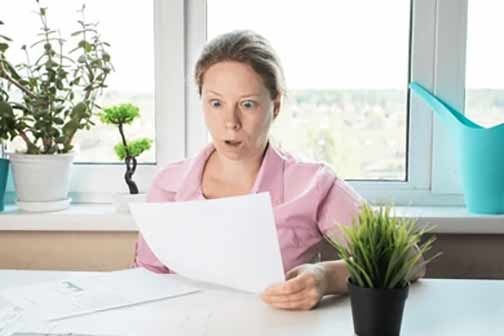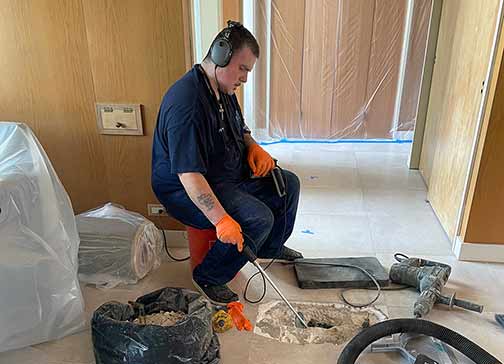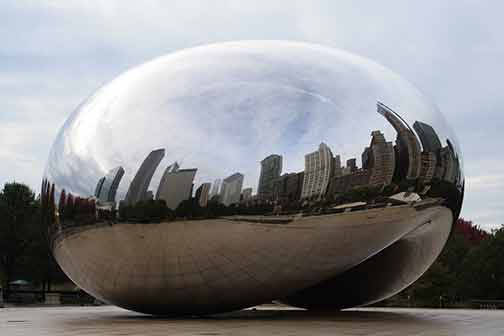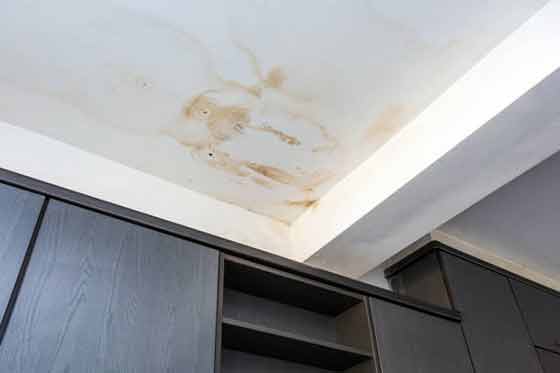
Water bills can be a major source of concern for homeowners, especially when they suddenly spike without any apparent reason. One common issue that many homeowners face is receiving high water bills despite not having any visible leaks in their plumbing system. This can be frustrating and perplexing, as it seems like there’s no logical explanation for the increased water usage. Here we will get into the possible causes of high water bills with no visible leaks and provide some solutions to help resolve this issue.
Potential Causes
When faced with a high water bill, the first instinct is to search for leaks. However, it’s not uncommon for the leaks to be hidden or have no visible signs. In such cases, it’s essential to consider other factors that could contribute to the increased water usage:
Faulty Meter
Water meters are the primary tool for measuring water consumption in households. However, like any other mechanical device, they can experience faults or inaccuracies. A malfunctioning meter may provide incorrect readings, leading to higher than normal water bills. It’s worth contacting your water utility company to have your meter tested or replaced if you suspect it to be faulty.
Seasonal Changes
Seasonal variations in water usage can have a significant impact on your bills. For example, during hot summer months, families tend to use more water for outdoor activities, such as filling up pools or watering gardens. This increased usage might not be immediately noticeable but can result in higher bills. By monitoring your water consumption patterns throughout the year, you can identify any seasonal changes that may contribute to the spike in your bills.
Increased Occupancy or Lifestyle Changes
Changes in occupancy or lifestyle can also lead to higher water usage. If you’ve had guests staying over, your water consumption is likely to increase. Additionally, adopting new habits like more frequent showers, running dishwashers or washing machines more often, or even having a new pet that requires regular baths can all contribute to increased water usage. It’s important to evaluate any recent changes in your household and their potential impact on water consumption.
Undetected Running Toilets
A running toilet is a common culprit behind wasted water and escalated bills. Even a small leak can add up to a significant amount of water over time. To check for a running toilet, put a few drops of food coloring in the tank and wait for ten minutes without flushing. If the color appears in the bowl, it indicates a leak. Most running toilet issues can be easily fixed by replacing the flapper valve or other faulty components.
Underground Leaks
Sometimes, leaks can occur in underground pipes, making them challenging to detect. These leaks often go unnoticed until they cause substantial damage or result in abnormally high water bills. Signs of an underground leak may include areas of lush green grass or unexplained wet spots in your yard, the sound of running water when no fixtures are in use, or a drop in water pressure. If you suspect an underground leak, it’s crucial to contact a professional leak detection plumber to conduct a thorough inspection and repair any potential issues.

A plumber will be able to conduct a comprehensive assessment of your plumbing system and advise you on the best course of action.
Solutions and Prevention
Now that we’ve explored some potential causes of high water bills with no visible leaks, let’s discuss possible solutions and preventive measures:
Monitor Your Water Usage
Keeping track of your water consumption is the first step towards detecting any unusual patterns or sudden spikes. Regularly read your water meter and compare the readings to your daily activities. By being more aware of your usage, you can quickly identify any drastic changes and take appropriate action.
Conduct a Meter Test
If you suspect that your water meter is faulty, reach out to your water utility company and request a meter test. They will be able to determine whether the meter is accurately measuring your consumption. If the meter is indeed faulty, they will replace it, ensuring that future bills reflect your actual water usage.
Seek Professional Plumbing Assistance
If you’ve exhausted all other possibilities and are still unable to identify the cause of your high water bills, it’s best to contact a professional plumber. They have the expertise and specialized tools to detect hidden leaks and diagnose any underlying plumbing issues. A plumber will be able to conduct a comprehensive assessment of your plumbing system and advise you on the best course of action.
Practice Water Conservation
Regardless of the cause of your high water bills, adopting water conservation practices is always beneficial. Simple habits like turning off the faucet while brushing your teeth, using a dishwasher or laundry machine only when you have a full load, and fixing minor leaks promptly can help reduce water wastage and lower your bills.
Install Water-Saving Fixtures
Consider upgrading your plumbing fixtures to more water-efficient alternatives. Install low-flow showerheads, faucets, and toilets to minimize water usage without compromising functionality. These fixtures are designed to reduce water consumption while still providing adequate water pressure and performance.
Remember, resolving high water bills with no visible leaks may require a combination of troubleshooting, maintenance, and professional assistance. By understanding the potential causes and implementing preventive measures, you can gain control over your water consumption and ensure that your bills reflect accurate usage.
Stay vigilant and proactive in monitoring your water usage, and don’t hesitate to reach out to professionals if needed. By taking these steps, you can minimize the financial burden of unexpectedly high water bills and contribute to a more sustainable future.



